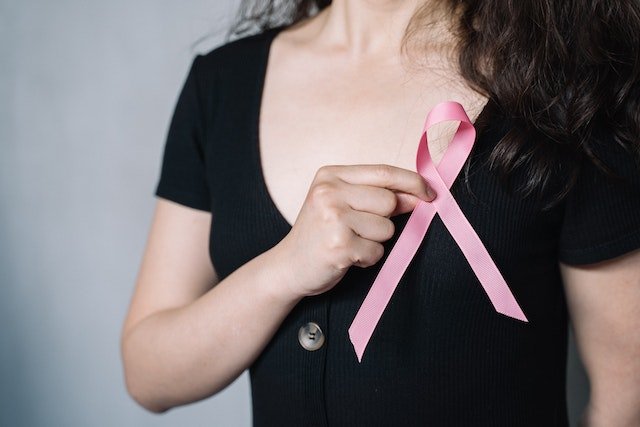How do you react when you’re diagnosed with cancer?
Breast cancer is the most common type of cancer among women. One in eight women will develop breast cancer in her lifetime. The older a woman gets, the likelier it is for her to develop the disease.
How do you react when you get the dreaded news? Fear, denial, and panic are the most common responses to the diagnosis. You’ll want to seek medical help immediately.
This article will provide you with the best steps to take after a breast cancer diagnosis. Continue reading to learn more!
1. Seek Expert Medical Advice and Support
Seeking expert medical advice and support is a necessary step to take after a breast cancer diagnosis. This is because the diagnosis and recommended treatments are based on numerous factors, such as:
- age
- medical history
- type and stage of cancer
- the patient’s preference
- the patient’s lifestyle
This information allows doctors and specialists to provide individualized breast cancer treatment plans based on what’s best for each patient. Meeting with an experienced oncologist, surgeon, and/or breast surgeon is important for understanding the nuances of your:
- diagnosis
- expected treatment
- recovery timeline
Not only will they explain the options, risks, and benefits of each, but they can also provide emotional support and answer questions. Developing a friendship with your doctor and setting up a support system of close family and friends is an important part of the journey.
2. Gather Information and Educate Yourself
Numerous steps can be taken to better understand a patient’s situation. Searching for reliable online resources is also beneficial. Seeking second opinions is highly encouraged. Obtaining a clear understanding of symptoms and treatment goals will help to provide peace of mind.
Ask questions about tests and medications. Researching clinical trials, if eligible, can provide potentially beneficial treatments. Understanding the support systems available is also key.
It’s important to be aware of insurance coverage, hospital support groups, and other financial implications associated with a cancer diagnosis. In all instances, communication with healthcare providers is critical when learning information about breast cancer.
3. Develop a Personalized Treatment Plan
After being diagnosed with breast cancer, it is important to develop a personalized treatment plan with your healthcare providers. This should typically include decisions on matters such as:
- types of treatments
- their duration
- the order and timing of therapies
It is important to discuss the options and their respective risks and benefits. If possible, consult with family members or friends to help you discuss the options. Additionally, ensure that you are in a comfortable environment where you can discuss all options without feeling too overwhelmed.
This will help you decide on the best course of treatment for your particular case. Finally, be sure to ask as many questions as you need to completely understand the treatment plan.
Understand the Steps to Take After a Breast Cancer Diagnosis
Your breast cancer diagnosis does not define you; it is merely a life obstacle to overcome. Seek the guidance of support networks, health care professionals, and social services to help make informed decisions and overcome this diagnosis.
Additionally, find comfort in knowing you’re not alone, as there are a plethora of people who have and are currently going through the same experience. Take action now and schedule an appointment with your doctor today to map out a plan of action!
Visit our main blog section to explore more informative articles.



